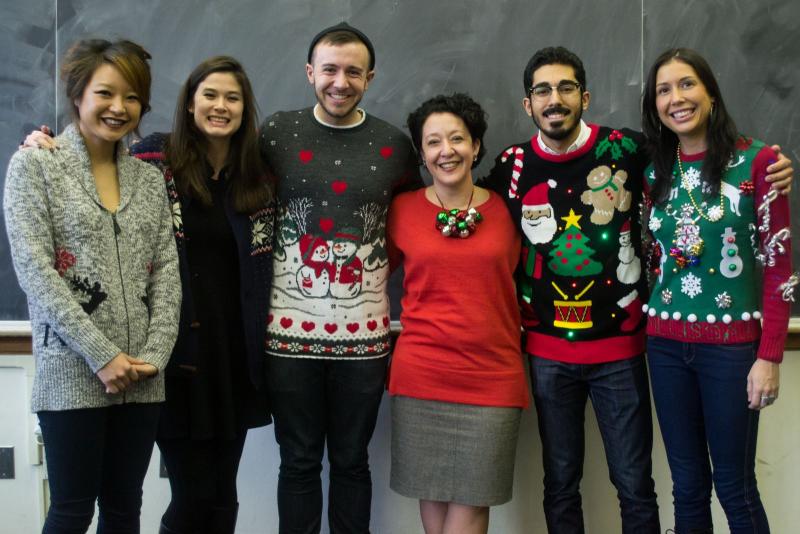Ethnicity, Race, and Migration (ER&M 200)
This course serves as an introduction to the major themes and approaches involved in the study of ethnicity, race, and migration. The course draws on the interdisciplinary forms of social inquiry that gave rise to the academic fields of ethnic and postcolonial studies, which emerged as part of the global social movements for decolonization and civil rights during the 1960s and 70s. The course seeks to understand the complex cultural practices and ideologies that have permitted “race” to function as a central organizing element for societies structured in dominance. Together we will address the evolution of racist regimes and racial discourses over the course of European imperial expansion and global capitalist development, and confront the centrality of ethnic violence to the history of modernity. We will ask how this longer history of global interaction and conflict shapes our own period of globalization, and how we should account for the unprecedented mobility of people across national borders in our current moment. The course covers a wide range of topics in a broad, interdisciplinary framework. This approach departs from the traditional format of survey course in a single field. We understand that these materials and subjects are new to many of us. Our task in the course is to track the different ways in which race and racisms inform social and cultural processes and historical events. We will concentrate our attention on the Americas, but incorporate a global understanding of modern racial formations.
This class has the Community Based Learning option. Students will complete a project in partnership with a local community organization in place of the 5-page paper, under supervision of your section instructor. You must apply to take this option.
For more information contact Professor Alicia Schmidt-Camacho and Tatjana Cisija, CBL Coordinator.
Latina/o New Haven (ER&M 311/AMST 311 )
This seminar examines the civic and cultural life of the Latina/o population of New Haven, Connecticut by combining community-based learning with readings in migration, labor, urban, and Latina/o studies.
The course combines regular class meetings and weekly community activities, with teams of students assigned to work with local non-profit organizations. We examine the historic formation of the diverse Latina/o population in the city within its national context, looking at how U.S. foreign and domestic policies, labor, racial, and class formations, have shaped the life of the local population.
The course includes cultural texts – literature, music, and film – that illuminate the social worlds and imaginative lives of migrant and diasporic Latina/o communities. Students develop documentary projects through their involvement with local service organizations that offer education, health care, and legal representation for immigrant and low-income Latina/os; local Spanish-language media organizations; city government; and cultural organizations. We discuss the ethics and methods for social research, including oral history, interviews, archival research, cultural analysis, and social documentation.
Students are assigned to work with local community organizations, according to interest and preferences. This involves a commitment of a minimum of three hours per week in the community, starting in February and ending the week of April 22. ( Not required to work during the spring break.) Students participate in program activities of the organization, and may also complete research or written work on behalf of the organization.
For more information contact Professor Alicia Schmidt-Camacho and Tatjana Cisija, CBL Coordinator.
